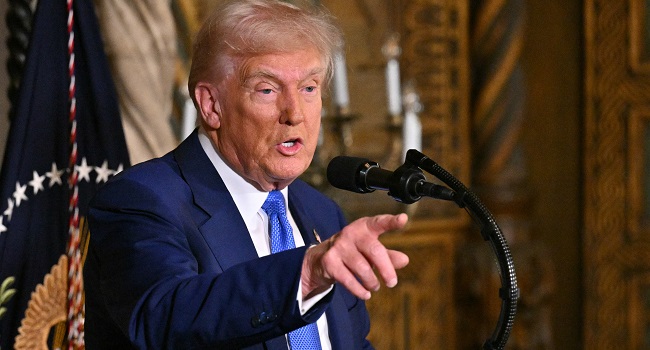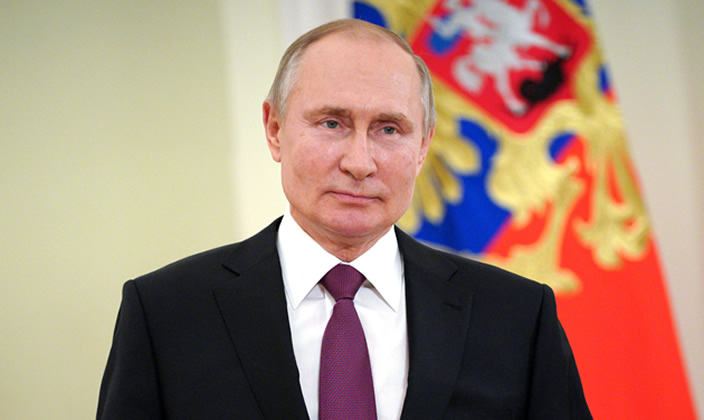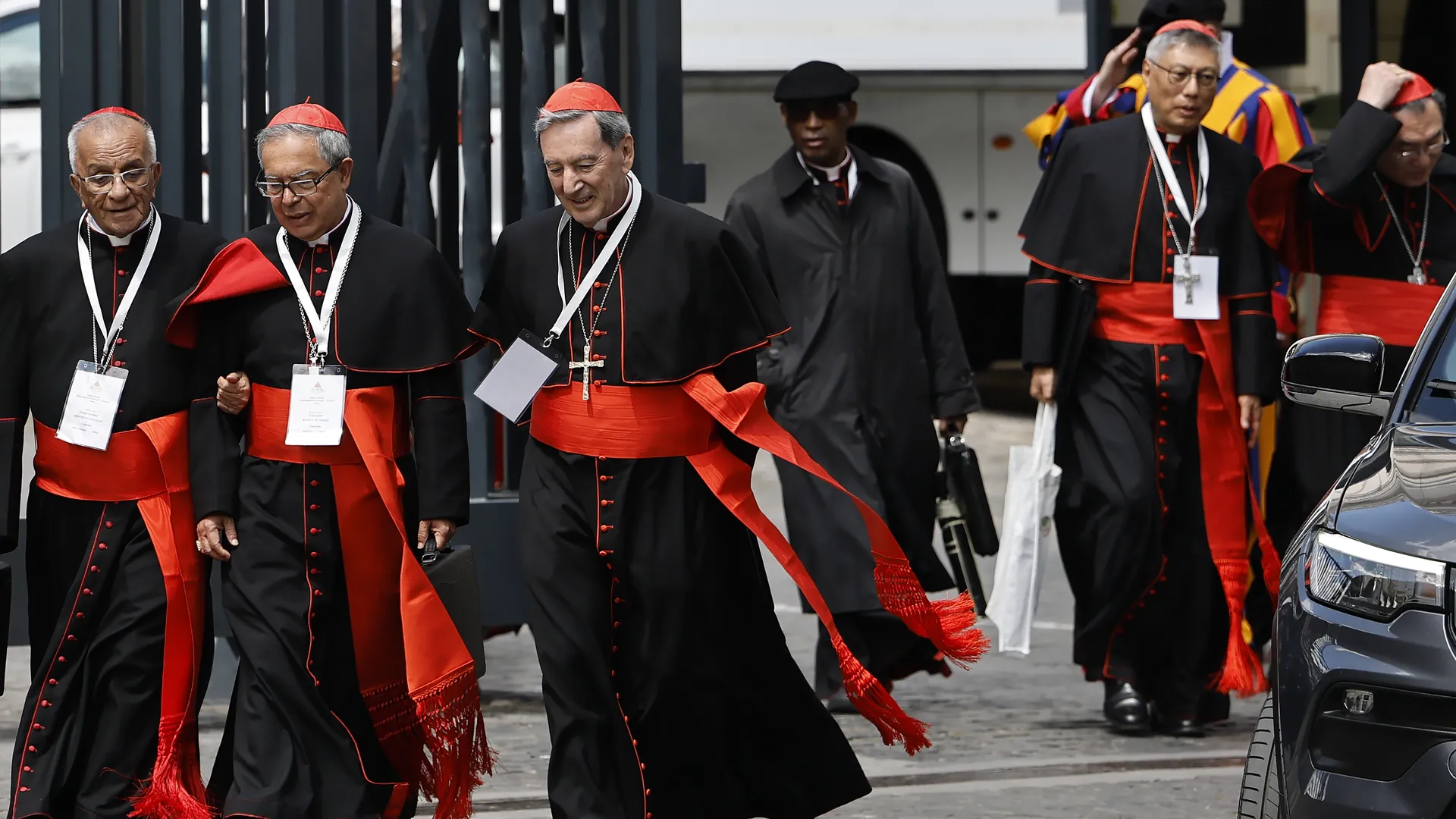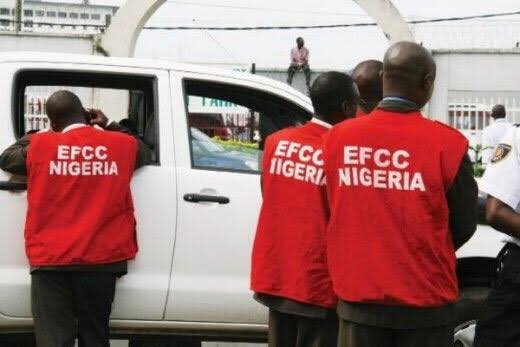President Donald Trump has escalated his conflict with the Federal Reserve by openly criticizing Chair Jerome Powell and exploring legal avenues to remove him from office. This unprecedented move raises concerns about the Fed's independence and potential economic ramifications.
Trump’s Dispute with the Fed
Trump has accused Powell of failing to lower interest rates, alleging that the Fed's policies are politically motivated to favor Democrats. He has publicly stated that Powell's "termination cannot come fast enough," indicating a desire to replace him before his term ends in May 2026.
White House economic adviser Kevin Hassett confirmed that the administration is studying the legal feasibility of dismissing Powell, despite historical norms that protect the Fed's autonomy.
Legal and Economic Implications
The Federal Reserve Act stipulates that a Fed Chair can only be removed "for cause," typically interpreted as misconduct or incapacity, not policy disagreements. No Fed Chair has ever been dismissed by a president, making this situation unprecedented.
Economists warn that undermining the Fed's independence could destabilize financial markets, weaken the U.S. dollar, and lead to higher interest rates. Such actions might erode investor confidence and increase borrowing costs.
Potential Successor: Kevin Warsh
Reports suggest that Trump is considering Kevin Warsh, a former Fed governor and Morgan Stanley executive, as a potential replacement for Powell. Warsh has previously advised against removing Powell but is now reportedly in discussions with Trump regarding the role.
Broader Economic Context
Trump's aggressive trade policies, including significant tariffs on Chinese and Canadian imports, have contributed to inflationary pressures. Critics argue that these measures, combined with attempts to influence the Fed, could harm the U.S. economy.
Conclusion
Trump's actions represent a significant challenge to the traditional independence of the Federal Reserve. The outcome of this conflict could have lasting effects on U.S. economic policy and global financial stability.

.jpg)








